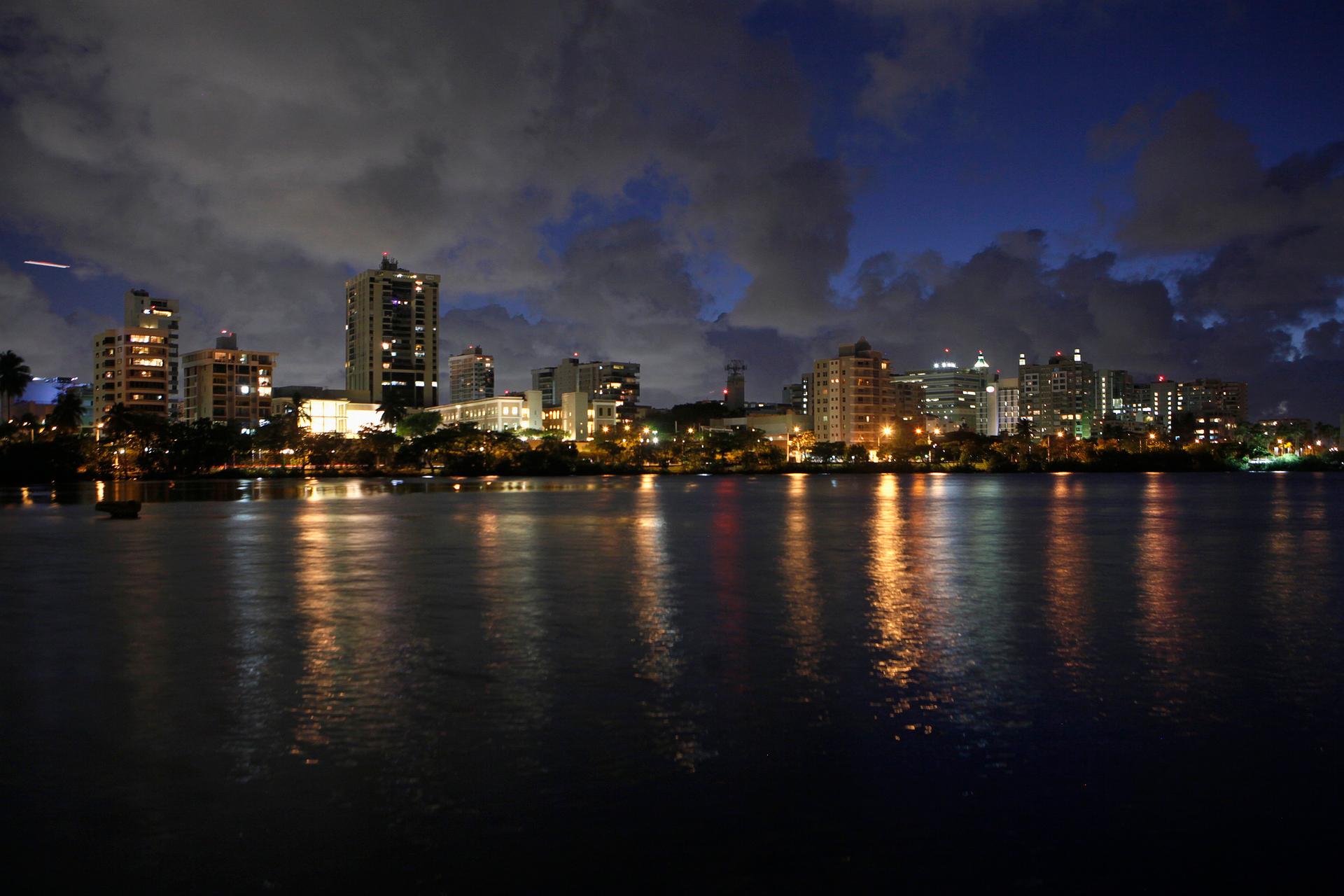NEW YORK – A top U.S. Bishops’ Conference committee chairman has endorsed a letter Catholic leaders in Puerto Rico have sent to Congress, urging them to grant Puerto Rico the same nutrition assistance benefits that U.S. states receive.
As opposed to food stamps, which low-income families in the U.S. receive through the Supplemental Nutrition Assistance Program (SNAP) to supplement their grocery budgets, families in Puerto Rico receive limited assistance through a capped federal grant.
Meanwhile, the need for food assistance in Puerto Rico continues to rise, as its economic crisis has worsened in recent years due to natural disasters and the COVID-19 pandemic.
“In spite of the recent debt reduction deal, due to the financial conditions accompanying it and amidst rising inflation, more families and children depend on food aid,” the letter reads.
“Because Puerto Rico is not part of SNAP and receives a capped nutrition block grant, every year food assistance falls short of needs in the island, where nearly 60 percent of children live in poverty,” the letter continues. “The shortfall becomes more pronounced in times where disasters or other emergencies hit.”
The debt restructuring deal – agreed to by a federal financial oversight board, Puerto Rican government representatives, and creditors back in March 2022 – reduced claims against the Puerto Rican government from $33 billion to $7 billion.
However, as the letter states, in the face of other hardships the deal only had a limited impact. Even after the deal was reached, faith leaders were calling for Puerto Rico to get the same benefits as U.S. states on not just nutrition, but also child poverty reduction, Medicaid, Medicare, and tax relief programs.
The recent letter to Congress, sent on November 9, was signed by multi-faith leaders from Puerto Rico, and endorsed by other faith leaders from the rest of the United States. Puerto Rico’s Catholic signatories include: Archbishop Roberto González Nieves of San Juan, Bishop Rubén González Medina of Ponce, Bishop Eusebio Ramos Morales of Caguas, and Father Enrique Camacho, Executive Director of Cáritas of Puerto Rico.
The letter was endorsed by Archbishop Borys Gudziak of the Ukrainian Archeparchy of Philadelphia, chairman of the USCCB Committee on Domestic Justice and Human Development. It was also endorsed by Jubilee USA Network, an alliance of faith-based development and debt relief advocacy organizations.
The latest U.S. Census Bureau data reflecting statistics from 2021 show that the median household income in Puerto Rico was just under $22,000, and about 42 percent of the island’s 3.2 million citizens live in poverty – well higher than the national average of 12.6 percent.
Compared to SNAP, the food assistance program in Puerto Rico is called the Nutrition Assistance Program (NAP). Unlike funding for SNAP, which is fluid based on need, NAP must operate within a fixed budget each fiscal year, and therefore often falls short of providing the proper level of nutritional assistance when disaster strikes.
Puerto Rico’s NAP grant for Fiscal Year 2023, which ended October 1, was $2,815,630,000. Of that money, $38,997,358 went to administrative expenses.
To qualify for the program, someone must live in Puerto Rico and have resources of no more than $2,000, or have resources of up to $3,000 and be a part of a household with a person 60 or older, or someone who is “totally disabled,” according to a U.S. government explainer.
Last September, Puerto Rico was devastated by Hurricane Fiona almost five years to the day that it was devastated by Hurricane Maria. The COVID-19 pandemic also put the island’s fragile economy in an even more dire situation.
Eric LeCompte, the executive director of Jubilee USA Network, highlighted in a statement how Puerto Rico is still recovering from the natural disasters and economic crises.
“Poverty and joblessness remain rampant in Puerto Rico as the island struggles with economic crises and the recovery from natural disasters,” LeCompte said. “The funds for food aid are insufficient.”
Follow John Lavenburg on Twitter: @johnlavenburg












